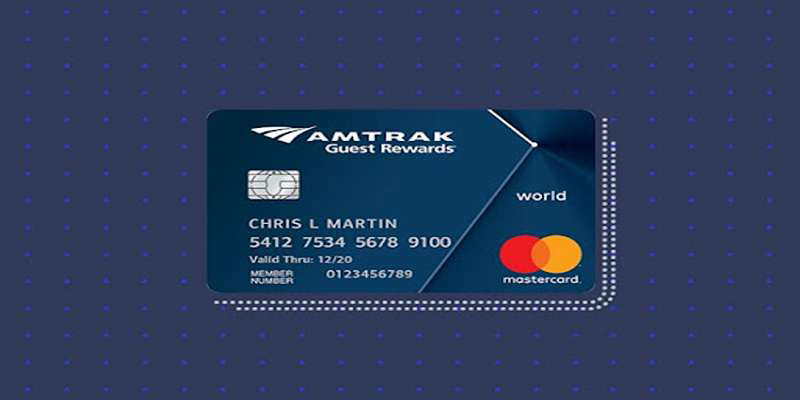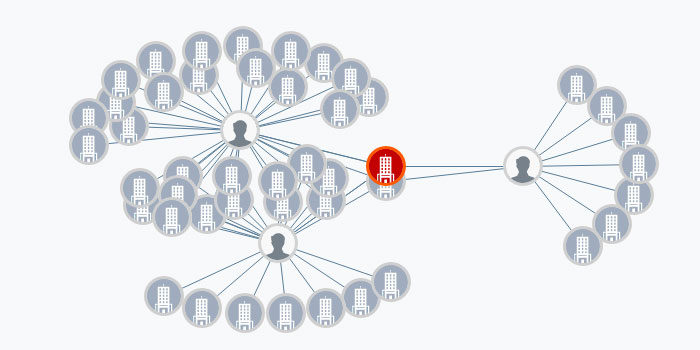Credit Control, which may sound a bit daunting initially, is essentially about managing your finances wisely. Contrary to popular belief, it's not just financial jargon reserved for accountants; it's a fundamental concept that benefits anyone seeking financial savvy. In the pages ahead, we'll delve deeper into the world of Credit Control, shedding light on its significance in your financial life.
We'll uncover what Credit Control entails, how it directly impacts your financial landscape, and why it should matter to you. So, without further ado, let's embark on this enlightening journey to unravel the essence of Credit Control and how it can substantially enhance your financial well-being.
Understanding Credit Control
Credit Control is like being the captain of your financial ship. It involves managing your credit wisely to ensure smooth sailing in the sea of personal finances. Here's a closer look at what Credit Control entails:
1. Responsible Borrowing
When we talk about credit, we mean the money you borrow from banks, Credit Card companies, or other lenders. Responsible borrowing means you don't borrow more than you can comfortably repay. It's like ordering a meal at a restaurant—you order what you can eat, not the entire menu.
2. Monitoring Credit Usage
Think of credit as a tool in your financial toolbox. You should monitor how often and for what purposes you use it. Using credit for essential needs or long-term investments can be smart, but using it recklessly for unnecessary expenses can lead to trouble.
3. Paying Bills on Time

Your financial reputation, known as your credit score, depends largely on your ability to pay bills promptly. Missing payments or paying them late can damage your credit score, making it difficult and costlier to borrow in the future.
4. Avoiding Excessive Debt
Debt management is a crucial aspect of Credit Control. You should avoid accumulating excessive debt that you can't easily repay. High debt levels can lead to financial stress and restrict your ability to save or invest for the future.
Debt Management: The Heart of Credit Control
Now that we've dipped our toes into the Credit Control pool, it's time to explore the heart of the matter: debt management. Debt is like a double-edged sword—it can help you achieve your goals or cut deep into your financial well-being. Here's how to handle it wisely:
1. Types of Debt
Debt isn't uniform; it falls into two distinct categories: beneficial and detrimental. Beneficial debt serves as a means to invest in assets that have the potential to grow your wealth over time, such as a mortgage or a student loan. Detrimental debt, conversely, is employed for items or expenses that depreciate rapidly, like high-interest Credit Card debt.
The contrast between these two types of debt is their impact on your financial well-being and prospects.
2. Prioritizing Payments
When facing multiple debts, establishing a clear order of priority is of utmost importance. Kickstart your debt repayment strategy by tackling the high-interest debts first. This strategic move safeguards your long-term financial well-being and accelerates your journey toward achieving a debt-free status.
It's like putting wind in your financial sails, propelling you faster towards your goal of Financial Freedom.
3. Creating a Budget
Your budget is a trusted ally in the realm of debt management. It is a reliable tool for monitoring your income and expenditures, guaranteeing that you maintain sufficient funds to fulfill your debt obligations while simultaneously pursuing your broader financial objectives.
Credit Management: Navigating the Credit Maze
Credit Management is another critical component of Credit Control. It's like knowing the ins and outs of the financial jungle. Here's what you need to understand about Credit Management:
1. Building Good Credit
Your credit score is a numeric indicator of your creditworthiness, significantly influencing loan terms and interest rates. Achieving a higher score paves the way for improved borrowing conditions. To establish a positive credit history, prioritize timely bill payments, maintain lower Credit Card balances, and refrain from excessively opening new credit accounts.
2. Checking Your Credit Report
Your credit report is a detailed record of your credit history. Reviewing it regularly for errors or signs of identity theft is essential. You're entitled to a free annual credit report from each major credit bureau.
3. Responsible Credit Card Use
Credit cards can be powerful tools for building credit when used responsibly. Pay your Credit Card bills on time and in full monthly to avoid interest charges. Also, keep your Credit Card balances below 30% of your credit limit.
The Benefits of Credit Control
Now that you're well-versed in Credit Control, debt management, and Credit Management, let's explore the benefits of mastering these financial concepts:
1. Financial Freedom
When you have control over your credit and debt, you can make choices that align with your financial goals. You can save for retirement, invest in your future, and enjoy peace of mind without being burdened by excessive debt.
2. Lower Interest Rates

Effective credit management results in improved credit scores. A high credit score enhances your eligibility for loans and credit cards at reduced interest rates, translating to lower interest expenses throughout your loan tenure and saving you money.
3. Stress Reduction
Financial stress can take a toll on your overall well-being. By managing your credit and debt wisely, you can reduce the stress associated with money worries. This can lead to better mental and emotional health.
4. Improved Financial Opportunities
With a strong financial foundation, you're better positioned to seize opportunities when they arise. Whether buying a home, starting a business, or pursuing higher education, good Credit Control opens doors to a brighter financial future.
Conclusion
Credit Control is your compass in personal finance, guiding you toward financial stability and freedom. It's about making smart choices regarding borrowing, monitoring your credit usage, and managing your debt.
By mastering these concepts, you'll improve your financial well-being and open doors to a world of opportunities. So, take charge of your financial destiny and set sail to a brighter future with Credit Control as your trusted captain.




